Checklist for successful financial management
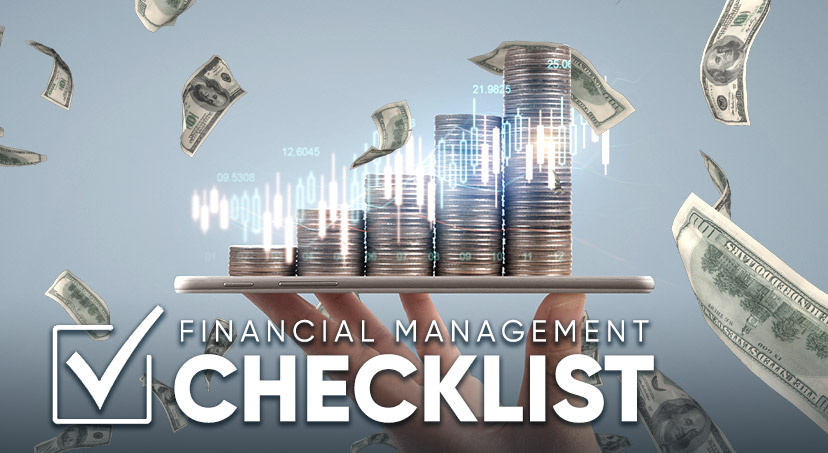
Average reading time — 2 minutes
To successfully manage personal finances, you don’t necessarily need to have a degree in economics and experience in accounting. It is enough to plan a budget in advance and be a little more careful about how you spend money and what you spend it on.
We have prepared a monthly checklist for you that will help you manage your money more efficiently.
1. Make sure your income exceeds your expenses.
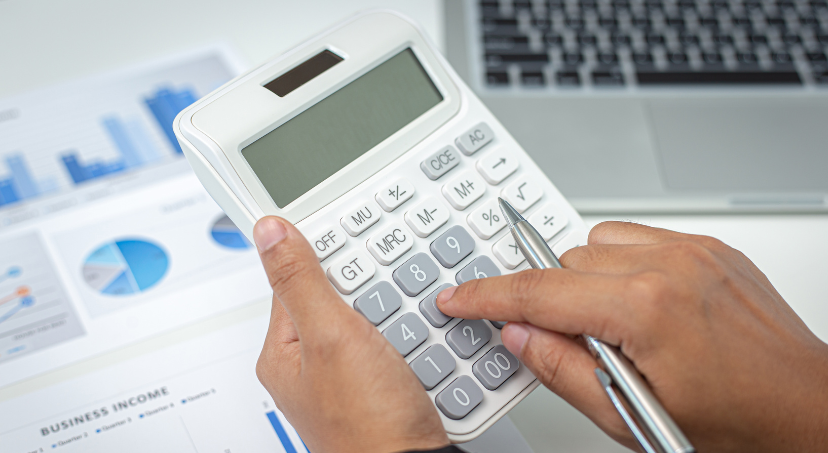
Make it a rule at the end of each month to evaluate your budget and calculate the amount of money spent. Get a special notebook for this or create a file on your computer.
If the budget turned out to be “in the red”, analyze your spending. Was it all justified? Have you spent money on something you can do without? Try to keep extra expenses to a minimum.
2. Abandon unnecessary services

Subscriptions to services you don’t use, subscriptions to newspapers and magazines you don’t read — all of these take your money.
Review all your paid subscriptions and services. If you do not use any of the services for more than a month, it may be worth abandoning it.
3. Make a shopping list
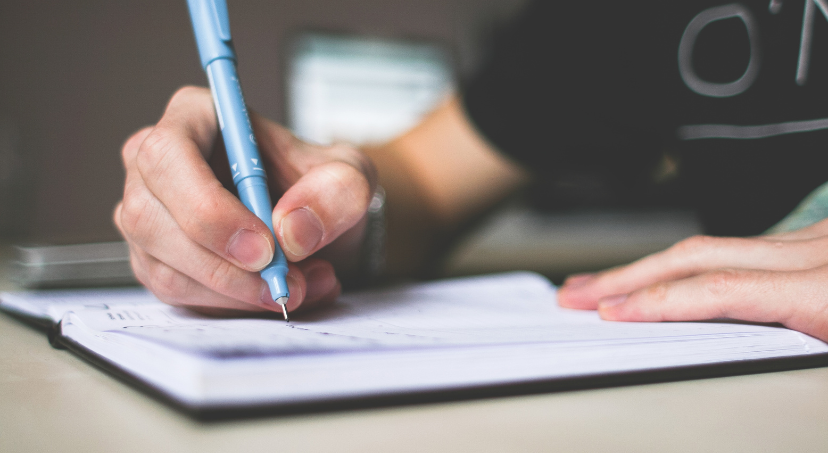
Retail chain owners use psychological tricks to encourage people to spend as much money as possible. Beautifully packaged goods, placed on the shelves in the most visible places, attract attention and make you want to buy them by all means. For example, Americans spend an average of $324,000 on impulse purchases in their lifetime.
Before going to the store, prepare a shopping list in advance — this will help to avoid rash spending. Buy only those products that are included in the list.
4. Create a financial safety cushion
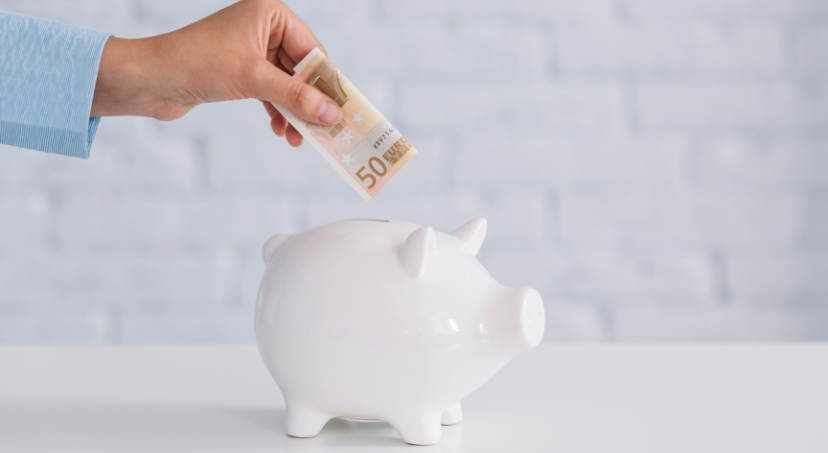
On the GIG-OS online platform, we constantly talk about how important it is to have special savings for unforeseen situations. The situation in the world is becoming more and more unpredictable, it is necessary to be prepared for any turn of events.
Make sure you have a reserve that will cover all expenses for three months. With such a safety cushion, financial troubles will not take you by surprise.
5. Protect savings from inflation
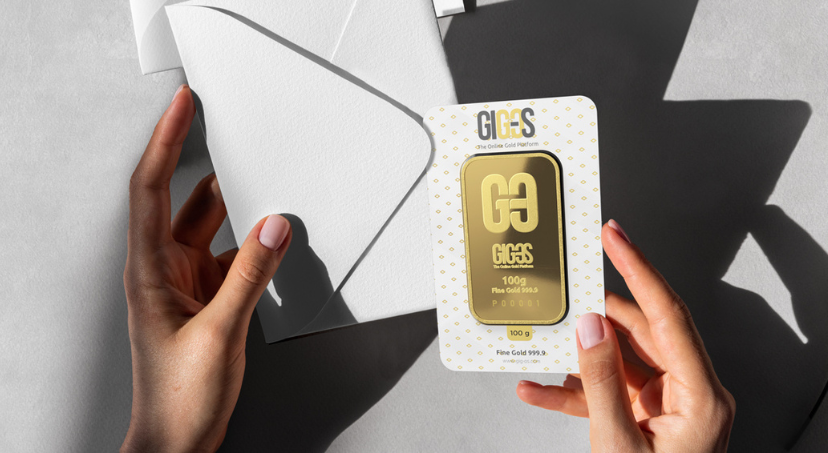
It is excellent if you already have such savings. But do not forget that the currency is subject to inflation.
Imagine that you have savings that can buy a brand new business class car. But a year later, the same money is only enough for a lower class car. This can happen because of inflation, which reduces the purchasing power of the population at an alarming rate.
To avoid this, you need to invest part of your savings in assets that are immune to inflation. The most common and accessible defensive asset for most people is investment gold. The yellow metal is being stocked not only by central banks and investors, but also by ordinary people around the world.
The centuries-long experience of mankind shows:
regular replenishment of personal gold reserves is one of the most important conditions for Financial Security.



![[VIDEO] Young investors choose gold
[VIDEO] Young investors choose gold](https://f01.gig-os.com/74/2c/cc/2b/74/742ccc2b74d465054d6aed797b9de6a1_5.jpg?1)
![[VIDEO] The US legalizes payments in gold [VIDEO] The US legalizes payments in gold](https://f01.gig-os.com/cf/b1/ba/70/55/cfb1ba7055dd2524218f5aabd01efea8_5.webp?1)
![[VIDEO] Record gold demand: market situation in Q1 2025
[VIDEO] Record gold demand: market situation in Q1 2025](https://f01.gig-os.com/0d/85/47/0b/15/0d85470b15a79bc2aabf122c0d401060_5.webp?1)
![[VIDEO] Investors in Asia are buying up gold!
[VIDEO] Investors in Asia are buying up gold!](https://f01.gig-os.com/45/45/84/6f/73/4545846f738945417567ffd2f6f163bb_5.webp?1)
![[VIDEO] Gold price has increased 9 times since the early 2000s!
[VIDEO] Gold price has increased 9 times since the early 2000s!](https://f01.gig-os.com/47/af/07/eb/bb/47af07ebbb01542f14c0aae36a81f1c0_5.webp?1)
![[VIDEO] The US is urgently increasing gold mining — what’s going on? [VIDEO] The US is urgently increasing gold mining — what’s going on?](https://f01.gig-os.com/43/06/89/4d/da/4306894dda97c98b6e595409af58b694_5.webp?1)
![[VIDEO] China sets trends in the global gold market
[VIDEO] China sets trends in the global gold market](https://f01.gig-os.com/5b/81/78/92/92/5b81789292d5e49f20ca7ca093a27cbe_5.jpg?1)
![[VIDEO] Central banks acquired a quarter of the world's gold!
[VIDEO] Central banks acquired a quarter of the world's gold!](https://f01.gig-os.com/81/2d/76/ff/b0/812d76ffb00ee75856059a67a872642c_5.webp?1)
![[VIDEO] Gold: new records amid market volatility
[VIDEO] Gold: new records amid market volatility](https://f01.gig-os.com/03/8b/98/61/b7/038b9861b74be1ae5d57e56e2d2dc859_5.webp?1)